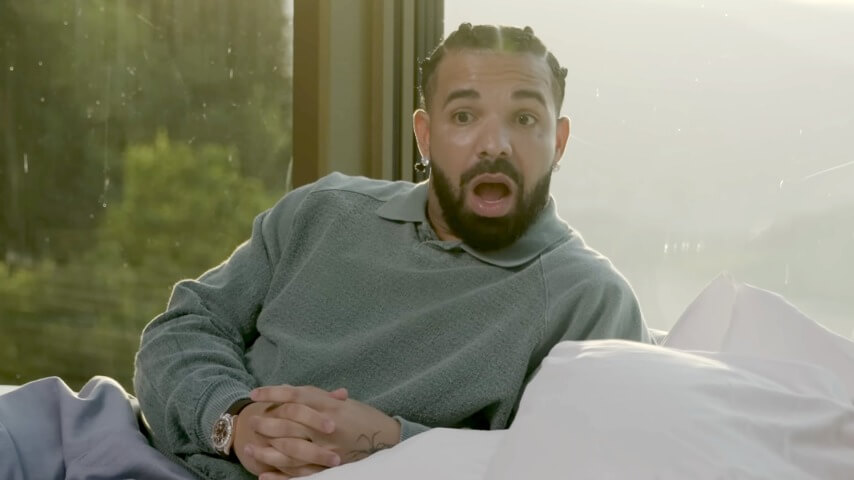The suit claims that a “substantial, non-trivial percentage” of Drake’s approximately 37 billion streams were “inauthentic and appeared to be the work of a sprawling network of Bot Accounts.” Without citing sources for the information, the filing alleges “abnormal VPN usage” and streams that were “falsely geomapped” from Turkey to appear that they originated in the U.K. There are also allegedly a “massive amount of accounts listening to Drake’s music” doing so “23 hours a day,” with less than two percent of these users accounting for “roughly 15 percent” of Drake’s streams, and about about nine percent of the artist’s streams “attributable to less than one percent” of these users.
“As a result, Drake’s music accumulated far higher total streams compared to other highly streamed artists, even though those artists had far more ‘users’ than Drake,” the suit states. The heart of the suit is that alleged fraudulent streams “generated significant revenues” for Drake and his company Frozen Moments, at the expense of other artists. This is because Spotify operates on a “streamshare” system, where all subscription and ad money is put into one big pool and paid out to artists and rights holders based on total share of streams. So if Drake or anyone else was artificially bolstering their streaming numbers, it would mean taking money out of other artists’ pockets.
The suit pins the blame on Spotify for this, which the company obviously denies. “We cannot comment on pending litigation. However, Spotify in no way benefits from the industry-wide challenge of artificial streaming. We heavily invest in always-improving, best-in-class systems to combat it and safeguard artist payouts with strong protections like removing fake streams, withholding royalties, and charging penalties,” a spokesperson said in a statement (via Rolling Stone). “Our systems are working: In a case from last year, one bad actor was indicted for stealing $10 million from streaming services, only $60,000 of which came from Spotify, proving how effective we are at limiting the impact of artificial streaming on our platform.”
Nevertheless, the lawsuit alleges that Spotify “deliberately turns a blind eye to fraudulent streaming” for its own benefit. It’s easy for bots to sign up under free accounts, a tier which features commercials, and therefore potentially makes the company look more attractive to advertising partners. “For Spotify, more users and music streams means more advertising dollars, so long as the true origin of the streams remains hidden,” the filing states.
“Artists across the streaming industry need accurate reporting of streams and effective fraud detection to ensure fair compensation. When streams are artificially inflated on a large scale—as my client’s lawsuit alleges has happened with respect to streams of Drake’s music—it affects the income of countless songwriters, performers, and producers,” Mark Pifko, one of RBX’s lawyers, told Rolling Stone. “The lawsuit seeks to address these broader issues, recoup losses for affected musicians, and make the streaming ecosystem as fair and transparent as possible for everyone involved.”









































